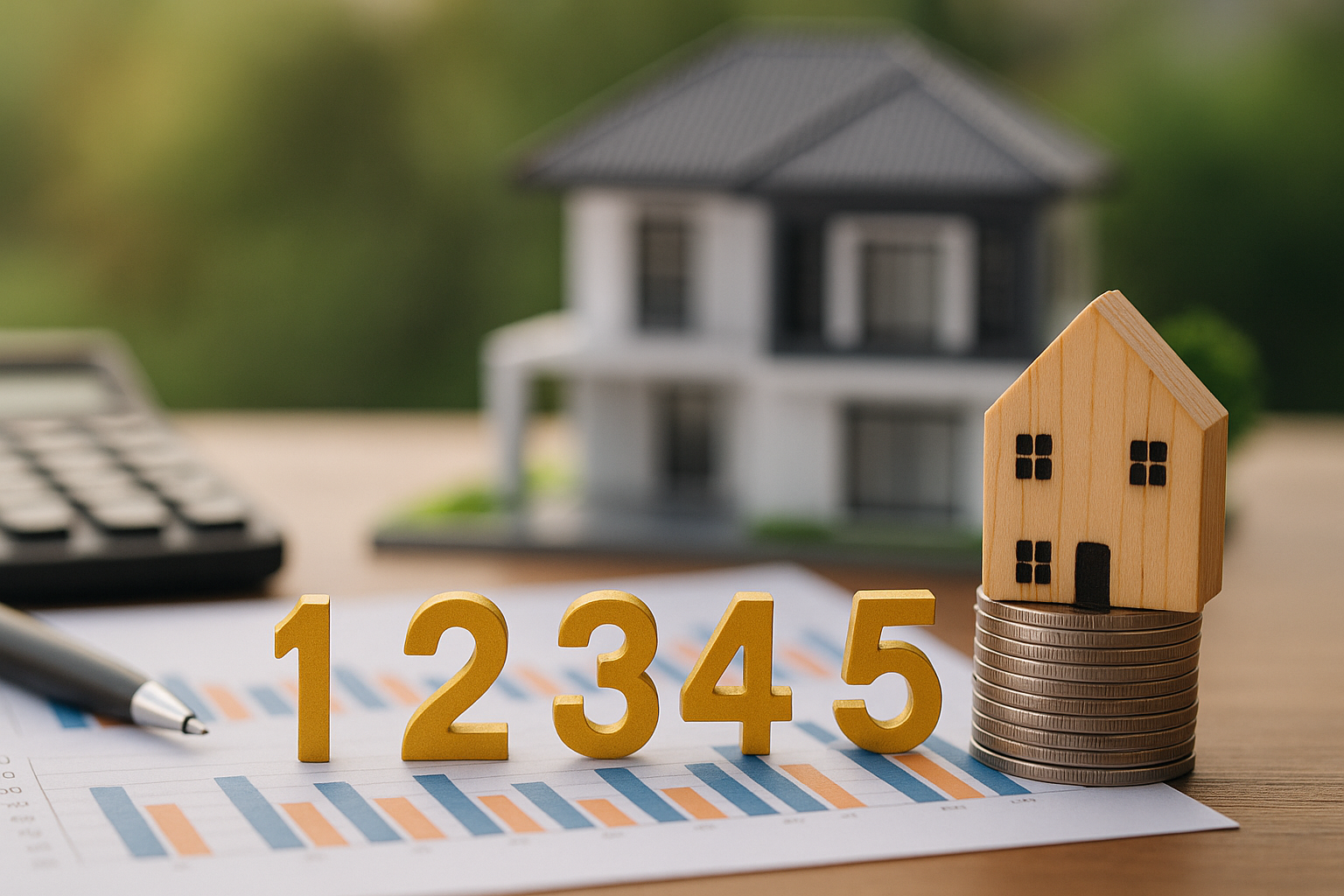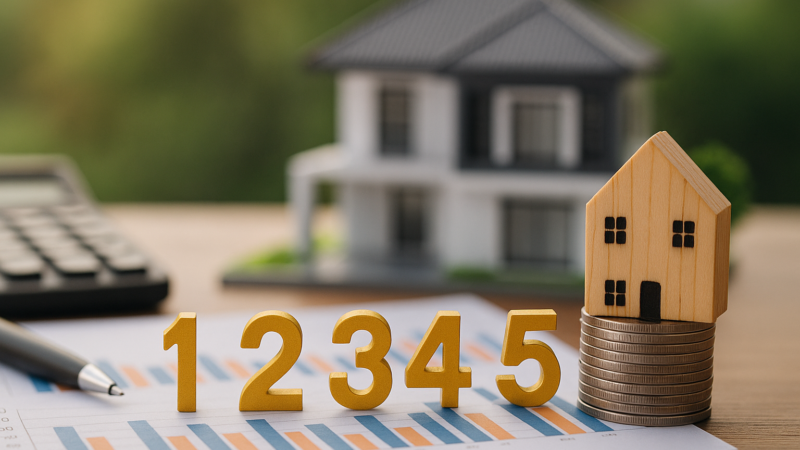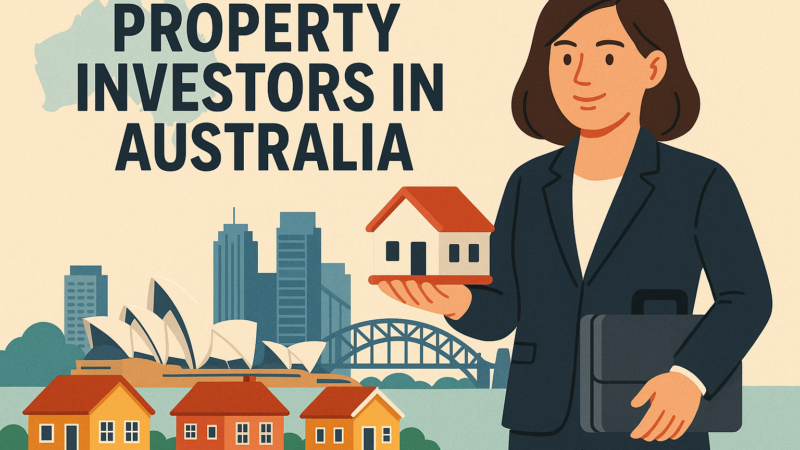
Key takeaways
Media, politicians, and social commentators often portray property investors as greedy or harmful to housing affordability.
The “us versus them” divide between investors, renters, and first-home buyers is sharper than ever.
In reality, investors are essential to keeping the rental market functioning.
Property investors have somehow become Australia’s favourite scapegoat.
The media paints us as greedy landlords.
Politicians use us as an easy target for the housing crisis.
Social media commentators accuse us of locking first-home buyers out of the market.
In over 50 years of property involvement, I’ve never seen the “us versus them” divide so sharp – investors on one side, renters and first-home buyers on the other.
But here’s the truth:
Note: Property investors are not the villains — they’re a critical part of the housing solution. And without them, the rental market would be in far deeper trouble.
Renting is No Longer Just a Stopgap
It’s tempting to think everyone aspires to own a home. But the reality is shifting.
The Australian Housing and Urban Research Institute (AHURI) found that only 55.4% of private renters think they’ll ever own a property.
Among public renters, that drops to just 26%.
Many Australians now see renting not as a temporary necessity, but as a long-term reality – sometimes even a lifestyle choice.
In fact, around 10% of renters are also property investors themselves – the so-called “rentvestors” – renting where they want to live and investing where they can afford and where yields are better.
That means a growing share of our population will need rental housing for the long term. And that’s where property investors step in.
Investors Are Housing Providers, the Government Won’t Be
In many countries, governments provide much of the rental housing. In Australia, they don’t.
Decades of underinvestment in social and affordable housing have created a massive shortfall.
Private investors – mostly mums and dads running what is essentially a small housing business – now provide accommodation for roughly one-third of all Australians.
And with national rental vacancy rates at around 1% – well below the balanced-market benchmark of 2.5–3% – the need for more rental stock is obvious.
In some regions, such as parts of Queensland, vacancy rates are as low as 0.3%.
If property investors retreat, that shortage will deepen, and rents will escalate further.
Investors Contribute Far More Than Just Roofs Over Heads
The myth that property investors are “tax dodgers” needs to be laid to rest. In reality, they contribute massively to federal, state, and local revenue:
-
Income Tax on Rental Income: Over $53 billion in gross rental income is declared annually, with $3.5–4 billion in tax paid.
-
Capital Gains Tax (CGT): $5–6 billion collected each year when properties are sold at a profit.
-
Stamp Duty: $10–14 billion annually, as about 30% of transactions involve investors.
-
Land Tax: Over $15 billion – almost entirely from investors, as homeowners are usually exempt.
-
Council Rates: $5–8 billion a year into local infrastructure and services.
-
GST: Billions more on new properties, renovations, and services.
All up, property investors fund more than $40 billion a year in taxes – money that pays for hospitals, schools, transport, and community services.
That’s not rorting the system. That’s funding it.
The Problem? Governments Keep Disincentivising Investors
Instead of recognising the value investors bring, governments are steadily making it less attractive to own rental properties:
-
Increased Land Taxes – especially in Victoria, where levies have been extended and rates hiked.
-
Vacant Property Levies and Short-Stay Taxes – penalising flexibility and investor mobility.
-
Talk of Negative Gearing and CGT Cuts – creating uncertainty that dampens future investment.
-
New Compliance Costs – with escalating safety, environmental, and tenancy regulations.
It’s no surprise we’re seeing more investors selling up, particularly in high-tax states like Victoria. That’s pushing capital into other markets and reducing local rental stock.
State-by-State Sentiment: A Fragmented Landscape
Investor confidence now depends heavily on local policy:
-
Queensland – Still popular due to population growth, though sentiment is maturing after rapid gains.
-
Western Australia – Strong economy and growth, but softer investor sentiment compared to last year.
-
Victoria – Heavy taxes and policy risks were driving an investor exodus; now sentiment has turned, and property investors are returning to Victoria, many from interstate.
-
South Australia – Stable market, picking up after a recent slump.
-
NSW & ACT – High costs, but select opportunities in certain segments and affordable units.
-
Tasmania & NT – Weak demand and falling/flat prices limiting interest.
This patchwork shows just how much state governments can influence housing supply.
Why Australia Needs More Investors, Not Fewer
Without private landlords, millions of Australians would have nowhere to live.
And with the proportion of lifelong renters growing, demand for rental housing will only increase.
Yes, property investment is a business decision.
But it’s also a public service – one the government isn’t prepared to provide itself.
If policy continues to push investors out, the knock-on effects will be immediate and painful: tighter vacancies, faster rent growth, reduced tenant choice, and reduced labour market mobility.
Of course, if the government were to take over the role of providing the housing that property investors currently do, they would have to come up with significant funds (and we know they don't have them).
That means all those who are vilifying property investors and suggesting their tax benefits be removed would end up having to pay more tax.
We need more investors.
It’s time to stop vilifying investors and start recognising their role in keeping the housing market functional.
Instead of punitive measures, we need policies that encourage sustainable investment in long-term rental housing.
Because, like it or not, property investors are essential to Australia’s housing future.

















